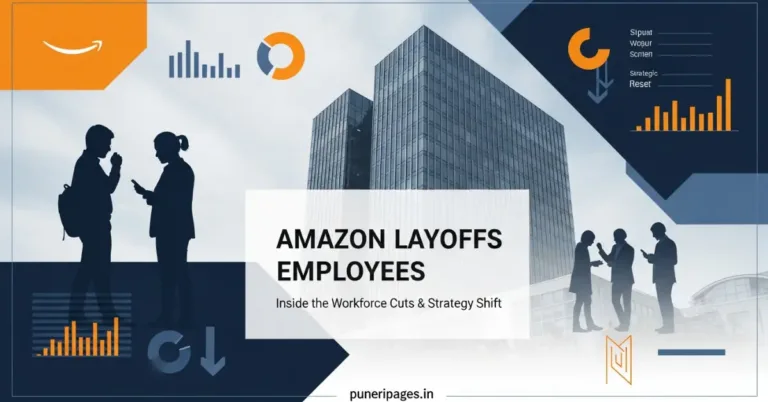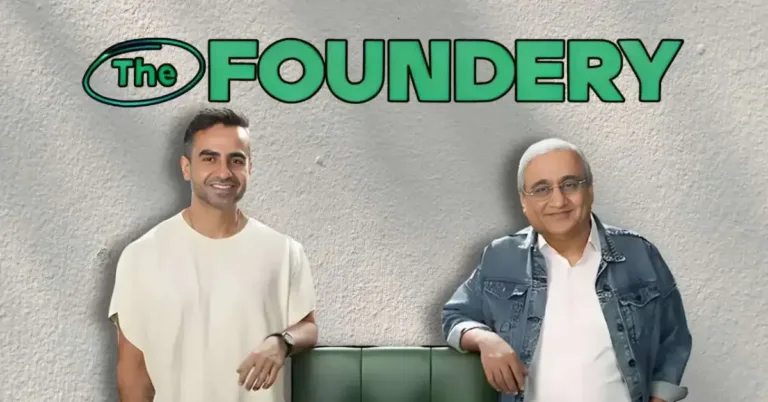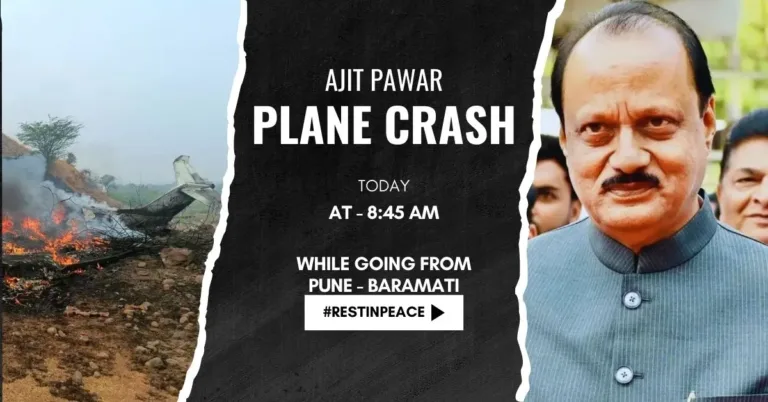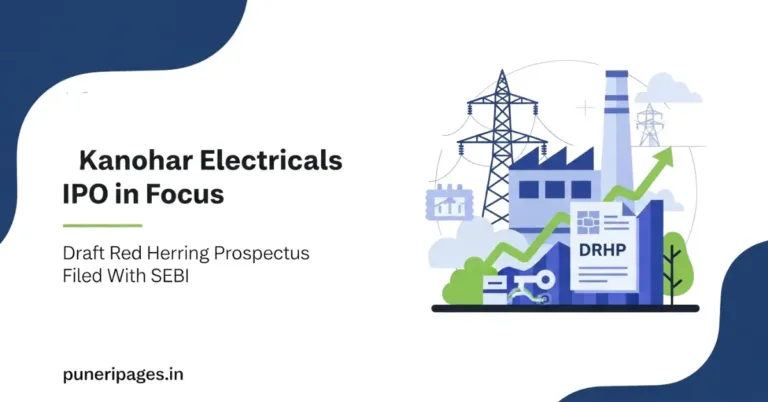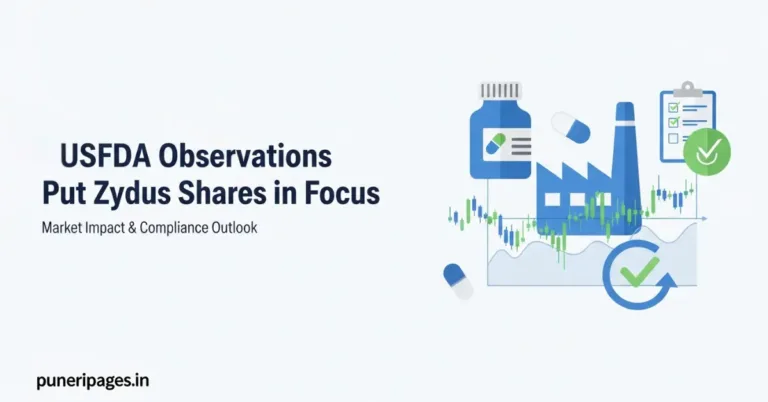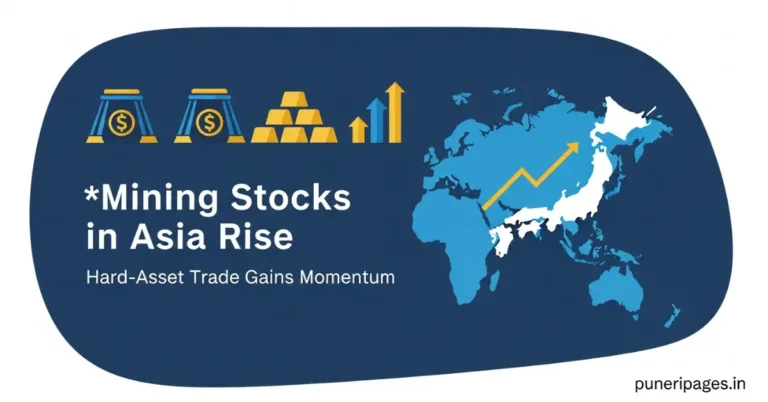
What’s it like to be a content moderator? A realistic guide to the job's responsibilities and mental health impact
By Prashant for PuneriPages.in
Ever wonder who keeps the internet clean from the worst stuff out there? The memes, the reels, the viral posts — we all scroll endlessly. But behind the scenes, there’s a team of people filtering through the toxic junk we never have to see. They’re called content moderators. And if you’re considering becoming one, let’s have an honest chat — no sugar-coating.
Table of Contents
So, What Exactly is a Content Moderator?
Think of content moderators as the digital janitors, the first responders of the internet. They go through user-generated posts, videos, images — anything flagged as inappropriate or harmful. Their mission? Make sure it all aligns with community guidelines set by platforms like Meta, YouTube, X, TikTok, etc.
But it’s not just removing spam or nudity. We’re talking about stuff that can deeply affect your mental health. Hate speech. Violence. Exploitation. Some days, you scroll past it. Other days, it sticks with you. This job is as real as it gets.
What You’ll Really See — No Filter
Let’s be brutally honest here. This job isn’t a cozy desk role sipping coffee and approving memes. You’ll be exposed to:
- Graphic violence and accidents
- Child abuse material (CSAM)
- Terrorist propaganda
- Harassment and hate speech
- Scams, fake news, and disturbing hoaxes
This isn’t one-off exposure either — it’s non-stop, high-volume review work. If this already makes your stomach turn, that’s totally okay. This role is not for everyone.
The Good, The Bad & The Brutal
Why Some Choose It:
- Foot in the door: It’s often a gateway into the tech world.
- Remote flexibility: Many roles offer work-from-home options.
- Real impact: You’re protecting people — especially kids — from harmful content.
- No fancy degrees needed: It’s accessible to many.
But Here’s the Flip Side:
- Mental health risks: PTSD, burnout, anxiety — all very real.
- High-pressure metrics: You’ll be rated on speed, accuracy, and consistency.
- Emotionally numbing: Over time, you might feel desensitized — or worse, stuck.
Who’s Hiring?
You’d think Meta or Google would hire moderators directly. Sometimes they do. But in most cases, it’s outsourced to big BPOs like:
- Accenture
- Genpact
- Cognizant
- TaskUs
They handle moderation contracts on behalf of major tech platforms. Search for roles like “Content Reviewer,” “Trust & Safety Associate,” or “Community Standards Analyst.”
Where to find them? Check:
- Naukri
- Indeed
- Career pages of the companies above
What You Need to Survive — Not Just Qualify
Hard Skills:
- Good reading comprehension
- Tech fluency — know your way around dashboards, workflows
- Multilingual skills (a bonus in India)
Soft Skills (These matter more):
- Emotional detachment — You can’t carry the internet’s darkness home every day.
- High ethical standards — Bias-free judgement is key.
- Resilience — When the going gets heavy, you need tools to cope.
Mental Health Isn’t Optional Here
Let’s get one thing straight — self-care is survival.
Here’s your toolkit:
- Use those therapy sessions — Most companies now offer mental health support. Don’t skip it.
- Talk it out — Confide in a trusted friend or therapist. Isolation makes it worse.
- Set digital boundaries — Log off when your shift ends. Truly.
- Exit if needed — If it’s wrecking your peace, there’s no shame in walking away.
Final Thoughts: Is This Job for You?
Content moderation is vital work. But it comes at a cost. It demands strength, sharp judgement, and serious emotional stamina. If you’re considering it, do it with your eyes wide open. You’re not just applying for a job. You’re signing up to be the internet’s hidden frontline.
If you’re ready, now you know what you’re truly stepping into. And if you’re not? That’s perfectly okay too. Protecting your own mental health is just as important as protecting others online.
